The Dangers of Living Under Constant Surveillance: A Citizen’s Guide
The Rise of Surveillance Technology
Surveillance technology has evolved significantly over the past few decades. From CCTV cameras in public spaces to advanced biometric systems, we live in an era where our every move can be tracked. According to a report by Privacy International, there are an estimated 770 million surveillance cameras worldwide, many of which are positioned in urban areas. While this technology aims to enhance security, it poses serious risks to individual freedoms and privacy rights.
Loss of Privacy
Constant surveillance invades our personal lives, leading to a significant loss of privacy. The general notion of ‘you have nothing to hide’ is misleading. Privacy is a fundamental human right, as articulated in Article 12 of the Universal Declaration of Human Rights. Living under constant watch can create an environment of self-censorship where individuals alter their behavior to conform to perceived societal norms. This hyper-awareness can stifle free expression, innovation, and creativity, key drivers of a healthy society.
Psychological Impact
The psychological implications of being constantly monitored can be profound. Chronic surveillance can lead to increased anxiety, paranoia, and stress levels. Studies have shown that the knowledge of being watched can affect mental well-being, giving rise to a climate of fear. This phenomenon is particularly acute among marginalized communities who may feel more vulnerable under surveillance. The pressure to conform can lead to a decline in mental health, inhibiting individuals from expressing their authentic selves.
Erosion of Trust
Trust is a vital component of any society, yet constant surveillance can erode this foundation. Citizens may begin to distrust government entities and institutions that deploy these technologies. The feeling of being constantly watched fosters a relationship based on suspicion rather than cooperation. This distrust can extend to friendships and community relationships, further destabilizing social cohesion. Without trust, democratic processes suffer; civic engagement diminishes, and voter turnout may decline.
Data Misuse and Breaches
The collection of personal data through surveillance systems poses substantial risks for misuse. Data breaches are becoming increasingly common as cybercrime grows. High-profile cases, such as the Equifax and Facebook scandals, remind us of the vulnerabilities associated with data collection. Sensitive information gathered through surveillance can be hacked, sold, or exploited, leading to identity theft and fraud. The potential for misuse by both governments and corporations adds another layer of danger to constant monitoring.
Chilling Effect on Free Speech
Surveillance can create a chilling effect on free speech, where individuals hesitate to express their opinions or engage in activism due to the fear of being recorded. Activism plays a crucial role in advocating for social justice, human rights, and policy changes. However, when activists feel they are under constant scrutiny, they may self-censor or abandon their causes altogether. This disadvantage is particularly evident among whistleblowers, journalists, and protesters who rely on anonymity to speak out against injustices.
Discrimination and Profiling
Surveillance technologies can exacerbate social inequalities. Marginalized communities are often disproportionately targeted by surveillance initiatives. Racial profiling, for instance, can amplify pre-existing stereotypes and biases, leading to systemic discrimination. A report from the Brennan Center for Justice found that communities of color are more likely to be surveilled, which breeds distrust and resentment within these groups. Civil rights organizations are increasingly raising concerns about how surveillance contributes to discrimination rather than fostering safety.
Government Overreach
Constant surveillance raises ethical questions about the extent of government power. When governments monopolize surveillance capabilities, there is a risk of authoritarian overreach. History is filled with examples where surveillance has been used to suppress dissent and violate civil liberties, from totalitarian regimes to more democratically structured governments. Legal frameworks often lag behind technological advancements, leading to gaps in accountability and oversight. This unchecked power poses a threat to democracy and individual freedoms.
Declining Social Interactions
Living under constant scrutiny affects interpersonal relationships. People may become less willing to engage in deep conversations or share personal experiences, fearing judgment or monitoring. In work environments, for instance, employees might self-censor in meetings or refrain from sharing innovative ideas, concerned about being recorded or surveilled. This issue extends to public spaces, where individuals may avoid discussing controversial topics, leading to homogenized discourse and a lack of diverse viewpoints.
Inaccurate Surveillance Systems
Surveillance systems are not infallible. False positives can lead to wrongful accusations and serious consequences for innocent individuals. For instance, facial recognition technologies have come under fire for their inaccuracies, particularly concerning people of color. Errors in identification can perpetuate cycles of harassment, legal troubles, and trauma. Trusting these systems without scrutiny can result in misguided policies and societal repercussions.
Civic Disengagement
A society under constant surveillance may breed cynicism among citizens. When people feel they are constantly being watched, they may disengage from civic participation. This disengagement can lead to apathy towards governmental policies, resulting in lower participation in democratic processes like voting. A disenchanted electorate poses a serious threat to a healthy democracy, where informed citizenry is essential for balanced governance.
Enhancing Surveillance Technologies: A Double-Edged Sword
While some may argue that enhancing surveillance technologies can improve public safety, the potential risks outweigh the benefits. Tools such as body-worn cameras for police officers can improve accountability, yet they also raise questions about transparency and data security. The challenge lies in finding a balance where security measures do not infringe upon civil liberties. Achieving this requires an open dialogue among policymakers, technologists, and citizens.
Legal Frameworks and Advocacy
Striking the right balance between safety and privacy relies heavily on the establishment of robust legal frameworks. Advocacy is critical in pushing for laws that protect individual rights against unwarranted surveillance. Citizens should be informed about their rights and actively participate in discussions about surveillance practices. Grassroots organizations can play a vital role in holding governments accountable and advocating for transparency in data collection and usage.
The Role of Technology Companies
Technology companies play a pivotal role in the proliferation of surveillance technology. The ethical considerations surrounding data collection must be at the forefront of their practices. Companies should be transparent about how data is collected, stored, and used. Adopting ethical guidelines could mitigate some concerns associated with surveillance, fostering an environment where innovation coexists harmoniously with individual rights.
The Path Forward: Engaged Citizenry
Ultimately, an engaged and informed citizenry is crucial for addressing the dangers of constant surveillance. Citizens must advocate for transparent policies, question the necessity of surveillance measures, and demand accountability from their governments and institutions. Participating in discussions, signing petitions, and supporting organizations that fight for privacy rights can empower citizens. Recognizing the value of privacy is essential in fostering a society that respects individual rights while maintaining security.
By understanding the complex landscape of surveillance and its implications, citizens can better navigate the challenges posed by constant monitoring. The onus lies on each individual to advocate for their rights and remind society of the fundamental principles that underpin democracy and freedom.
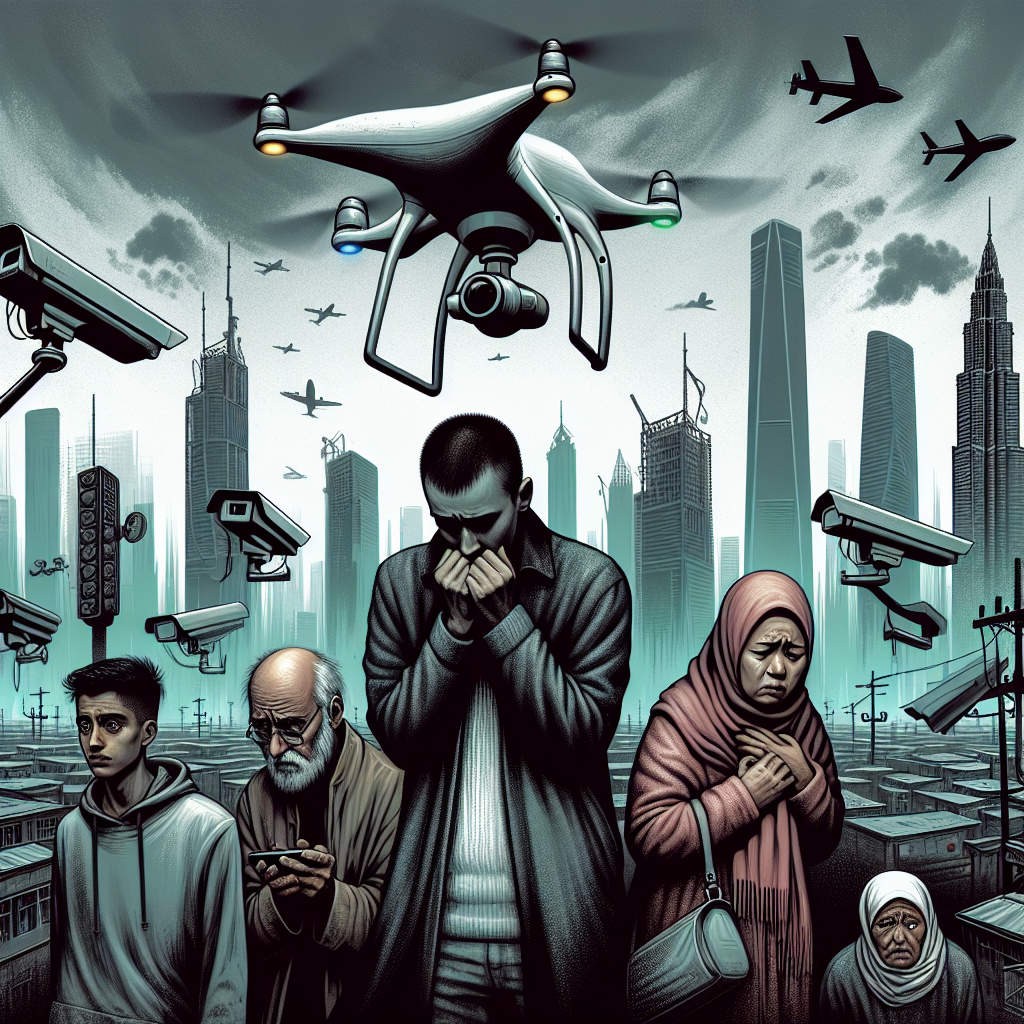






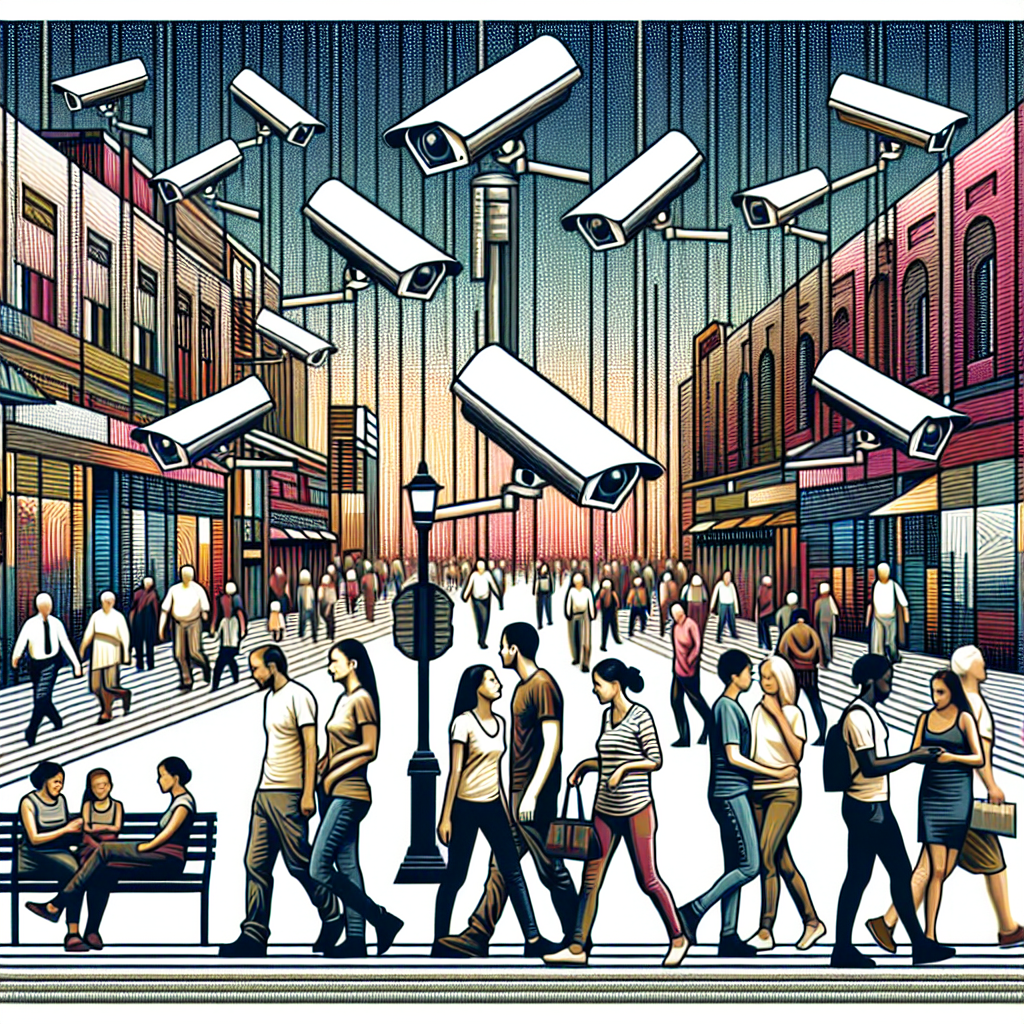
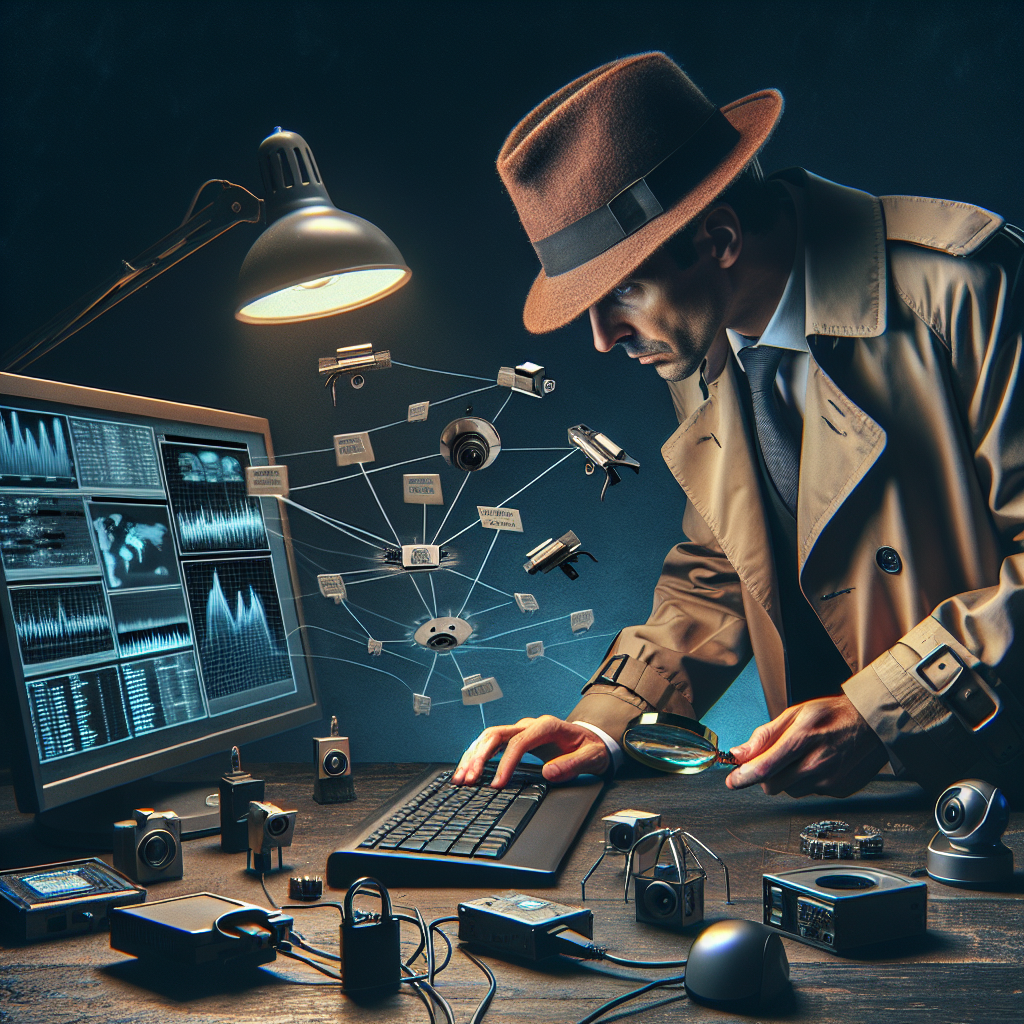
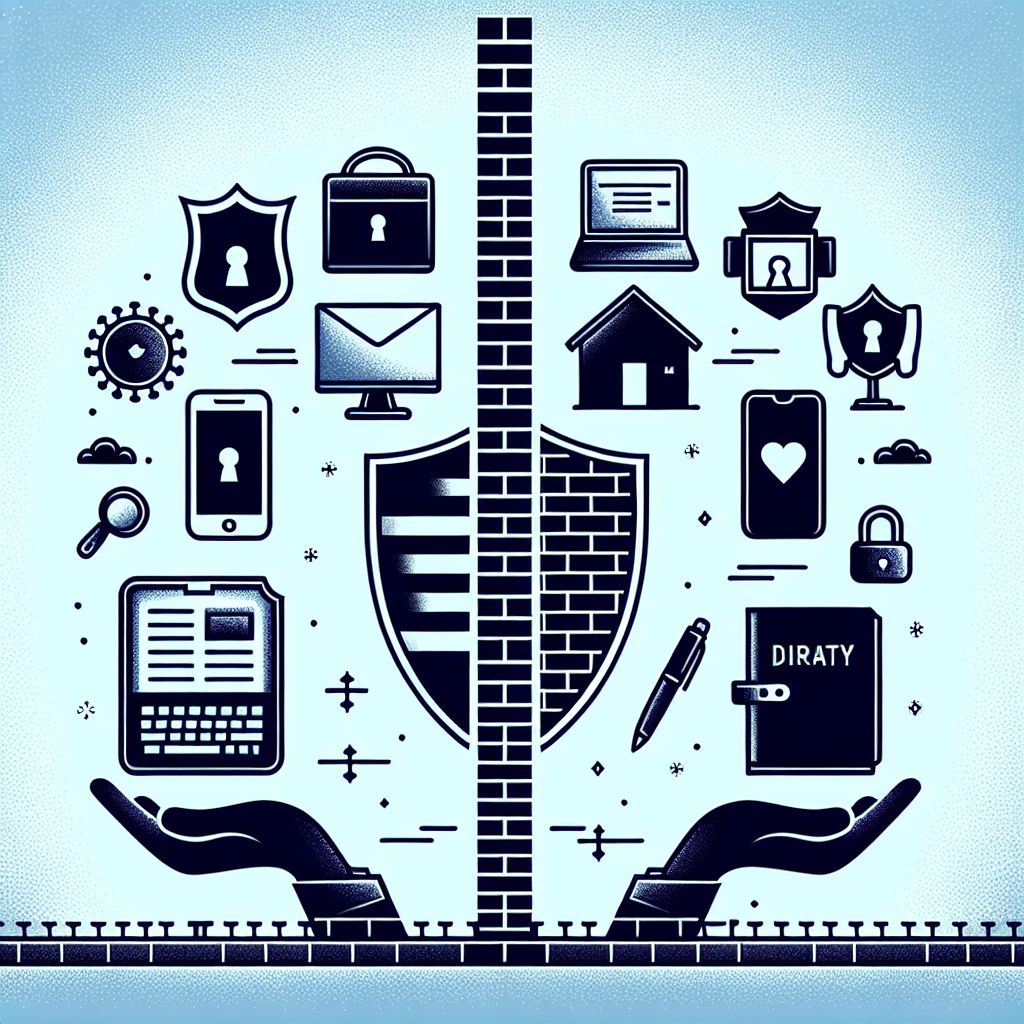
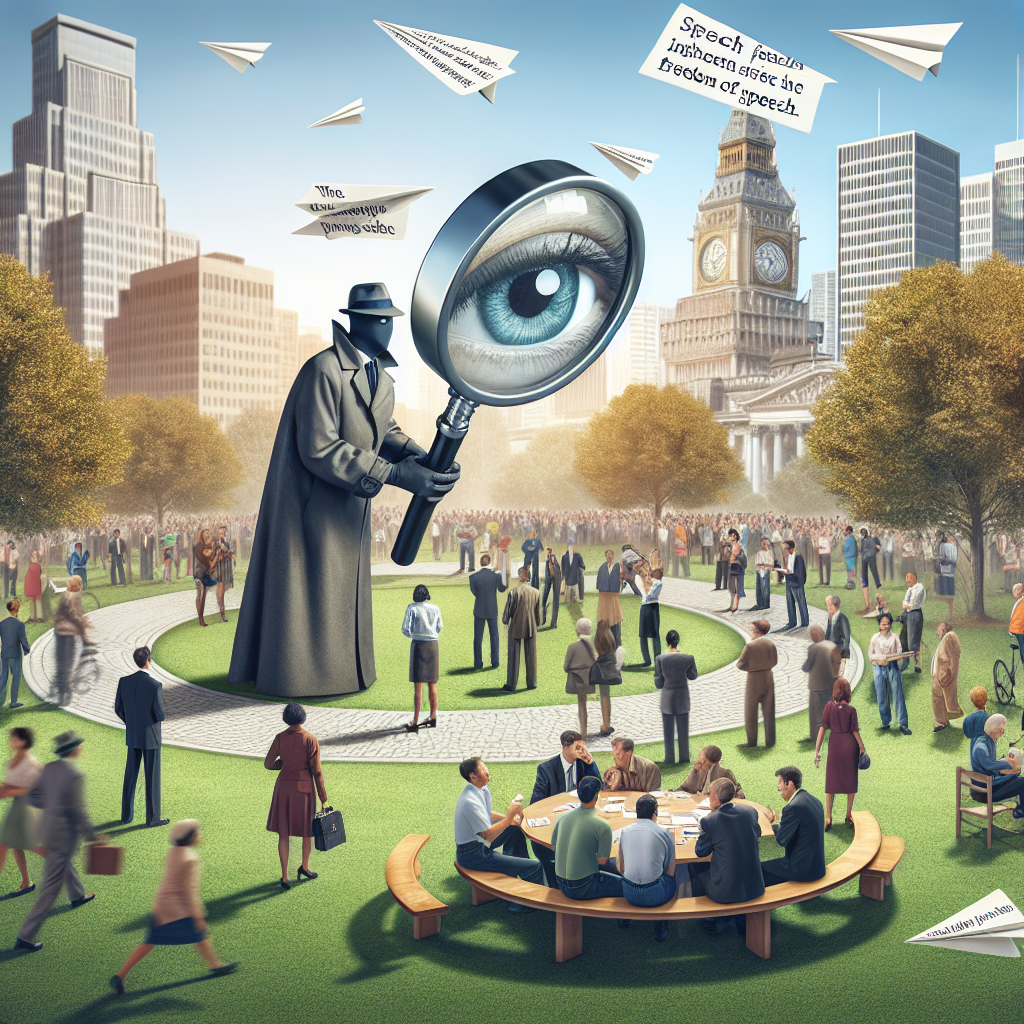


Leave a Reply